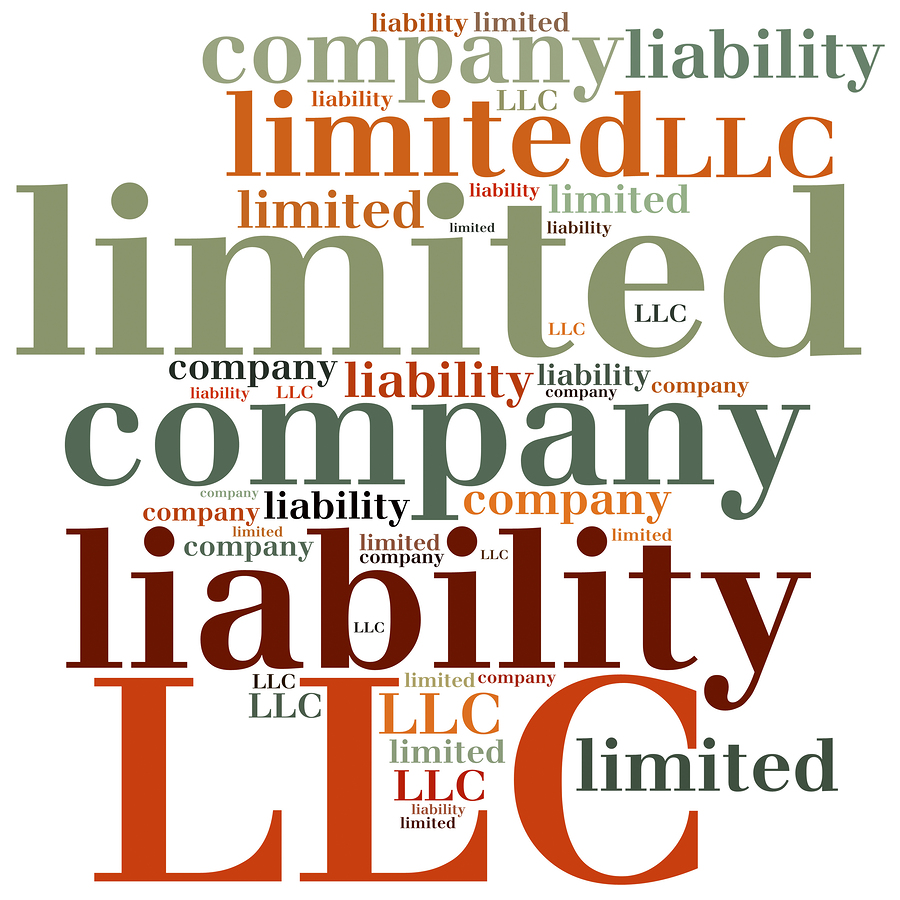by Jen Green, Burch Law
You may be one of the many people contemplating how to expand your investment and income possibilities. In an era of uncertain economic outlook and roller coaster returns in the stock market, many people are turning to real property as the more certain investment. Whether it is flipping houses or acquiring rental properties, real property represents to many people a solid investment offering real returns in an age of unreal and insubstantial wealth offerings, like derivatives. Unlike less tangible assets, you can insure your real property against most worst-case scenarios.
However, real property can also be a real target for lawsuits, frivolous or genuine, so you want to shield yourself and your assets from liability exposure as much as you can. Slip and fall incidents, landlord-tenant disputes, breach of contract, all kinds of issues and unexpected situations are out there waiting to complicate your life.
One way to shield yourself from unnecessary liability exposure in Texas is the limited liability company (LLC). The traditional LLC is a favorite of real estate investors. And the LLC is a flexible vehicle that generally allows you to register your LLC in other states, as a foreign entity, when you find your business and opportunities expanding. The flexibility is one of things investors and business owners love about the LLC. It has pass-through tax treatment, you can easily you’re your entity and customize your operating structure as needed in your LLC Agreement, and decrease your personal and asset exposure to liability, all in a user-friendly package.
For an investor with numerous properties, there is even an additional level of protection that you can find: the Texas Series LLC. The ancestor of the Texas Series LLC evolved in Delaware, initially as a vehicle to allow different classes of mutual funds to be treated as a single whole for SEC filing purposes. And the Texas LLC for real property investments also allows you to have different classes of property located in different series of a single LLC. The entire Series LLC is taxed as a single entity, but the separate series can engage in their own contracts and business transactions. The annual corporate filings with eth Texas Secretary of State are also for the single, overall Series LLC; no separate filings are required from the individual series within it. Whether you choose to have separate bank accounts for each series, or account for them separately within a single account, depends upon the complexity of their transactions and your own (or your accountant’s) love of detail. Single entity tax and filing treatment can streamline operations for those who plan well.
If you have rental properties, you could hold each one in a separate series of your Series LLC. You could obtain assumed names (d/b/a names) for each to make it easier to interface with your market. You could have single family residences, duplexes, and other types of rental properties in separate series. If you are fortunate enough to have multiple properties with vastly different tax treatments (farm/agricultural, urban commercial, and residential rentals), you may want to set up separate Series LLCs for each tax type of property, since your overall Series LLC(s) will (each) get treated as a single entity for tax purposes. Word to the Wise: creating complex tax headaches for the tax man could create tax headaches for you too.
And to keep your liability shield in place, you must clearly account for the transactions of each separate series, even if it is all within one bank account, so that anyone looking at the account can tell which income, expense, and other transactions relate to which individual series. Mixing and muddling the accounting loses you the protection of your Series LLC, so don’t skimp on record-keeping.
There are several ways to structure your LLC or Series LLC that we could discuss with you. You might prefer a single traditional LLC for its simplicity. Or you may prefer to have a traditional LLC conducting all of the business operations while a Series LLC acts as a holding company for the assets. You may prefer to own the LLC directly as Managing Member or have one entity own another. You can throw in trusts and additional structures too as additional layers of shielding from liability, but the more you add, the more you must keep track of, and you may find the complexity adding time and expense to your operations. The LLC’s flexibility ensures that you should be able to find a structure that works best for you and your investment goals, with the level of protection you need from liability.
And if someone has a slip-and-fall, for example, at one of your properties and obtains a judgment, they can only collect against the series that contains the property at which they allegedly fell. They cannot collect against any of the other series within that Series LLC or against the Series LLC itself. Or against you personally. They are limited to that one series asset. Note: when you are transferring properties in and out of your business(es), especially if you will be holding it for a long term, ensure you transfer them into an individual series, and not just into the name of the overall Series LLC. That missed property is a sitting duck for collections of judgment – it doesn’t have the extra shielding that slipping it into its individual series affords. If someone wants to assault your business battlements, make them work for it.
Let us help you build your fortress LLC as you build your business. Texas is a business and property-friendly state, and that’s the goal behind the extra liability protection in a Texas Series LLC – to tend your assets so that they are there to help your business grow and conquer.






